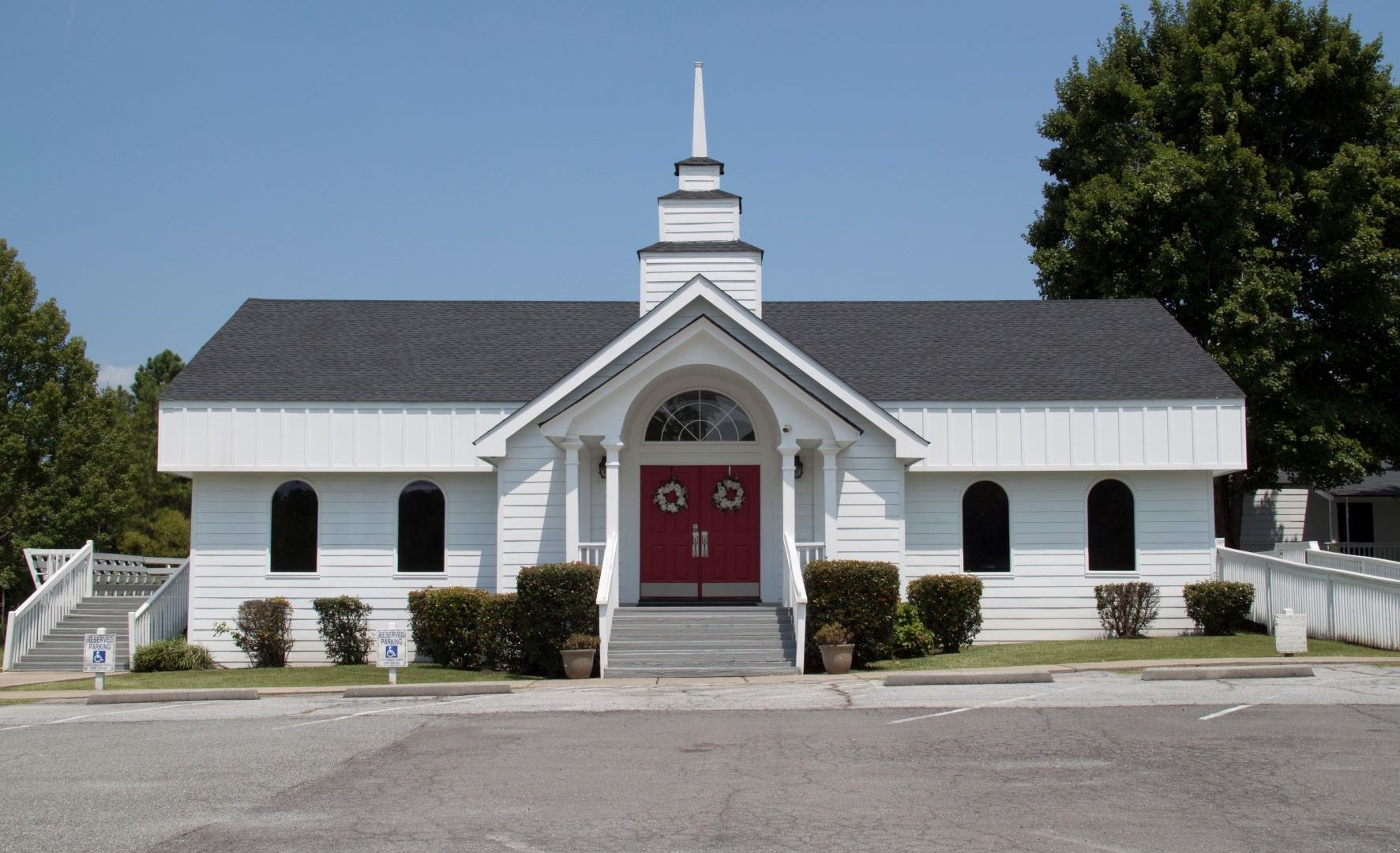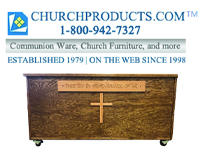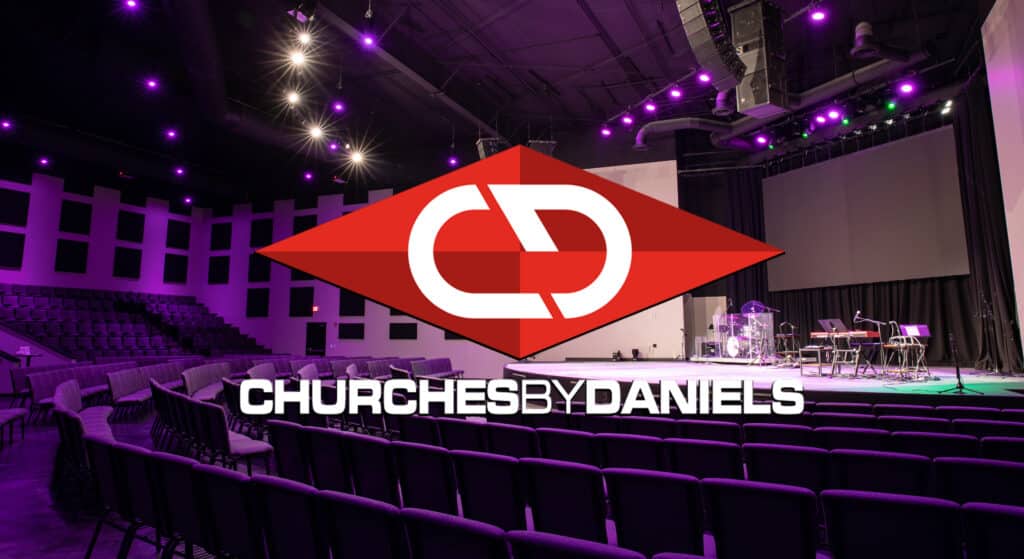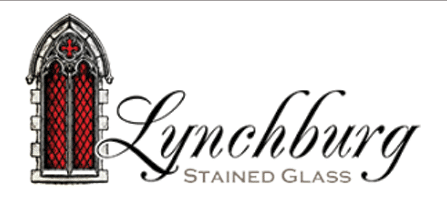By Keith Medford
As our communities begin to emerge from the grips of the COVID pandemic, our churches face new challenges. The fear, loss and uncertainty that swept the country for the last 17 months has brought with it a new curiosity regarding faith and Christianity for many.
Explosive growth in faith-based institutions is leaving leaders scrambling to accommodate the increased demand. While modular construction has always been a very viable option for churches, the benefits of modular shine now more than ever.
Cost has always been one of the primary benefits of modular. Current costs for traditional site-built construction are typically over $200 per square foot. By comparison, a custom modular building will cost between $70-$90 per square foot. By maximizing labor efforts and minimizing material waste, modular buildings can be completed at a fraction of the cost of traditional site-built construction.
Another factor that is particularly appealing about modular construction is the time involved. The very nature of site-built construction means that the building process is happening outdoors. Any given weather event will inevitably mean delays in construction that can slow down the process considerably.
Most of the construction process for modular buildings happens at an off-site indoor location, thus not affected by weather. This also allows for construction and foundation work to happen simultaneously.
On average, construction and installation of modular buildings can happen 50-70% faster than traditional construction. This puts you in your building and fully operational long before a traditional building would even be complete. For a church looking at a tight timeline to expand their space and get people on campus, this amount of time can be critically important.
Oftentimes when people think of modular buildings, they think of the rinky-dink trailers placed at schools back in the 90s. Today’s modular buildings are nothing of the sort! These buildings are fully customizable with a huge array of available options.
Companies work hand-in-hand with customers to ensure that their building is designed to meet their specific needs. These buildings are also often relocatable, so if your needs change over time, they can fully disassemble the building and move it to a new location to better accommodate the new situation.
Churches can custom design anything from Sunday school buildings to fellowship halls and from office buildings to full sanctuaries.
Custom exteriors can include hardi panel, faux brick, faux stone, hi-rib steel and more. Modular buildings are fully state code compliant and handicap accessible. Any variety of decks and ramps can also be customized to your building and site to meet any outdoor space needs.
The design process can be as simple or as complex as the needs of your organization. All buildings come with a full set of engineered drawings to ensure the building meets your state’s exact standards and code compliance before construction ever begins.
The world around us has changed in the last 17 months. These unprecedented times have profoundly affected many faith-based organizations. Churches have long been important pillars in our communities that people turn to in their times of need. As your church reopens, rethink practices and begin to expand, modular construction is a perfect choice for solving your space-related needs.
Lower cost, decreased construction time and wide ranges of customization all make modular very friendly to churches, thus allowing the important work within your individual communities to continue.
Keith Medford founded Complete Modular Solutions in 2012. He has more than 29 years of experience in the modular building industry. The company specializes in custom modular buildings and works with the customer from conception to completion, www.completemodularsolutions.com.












